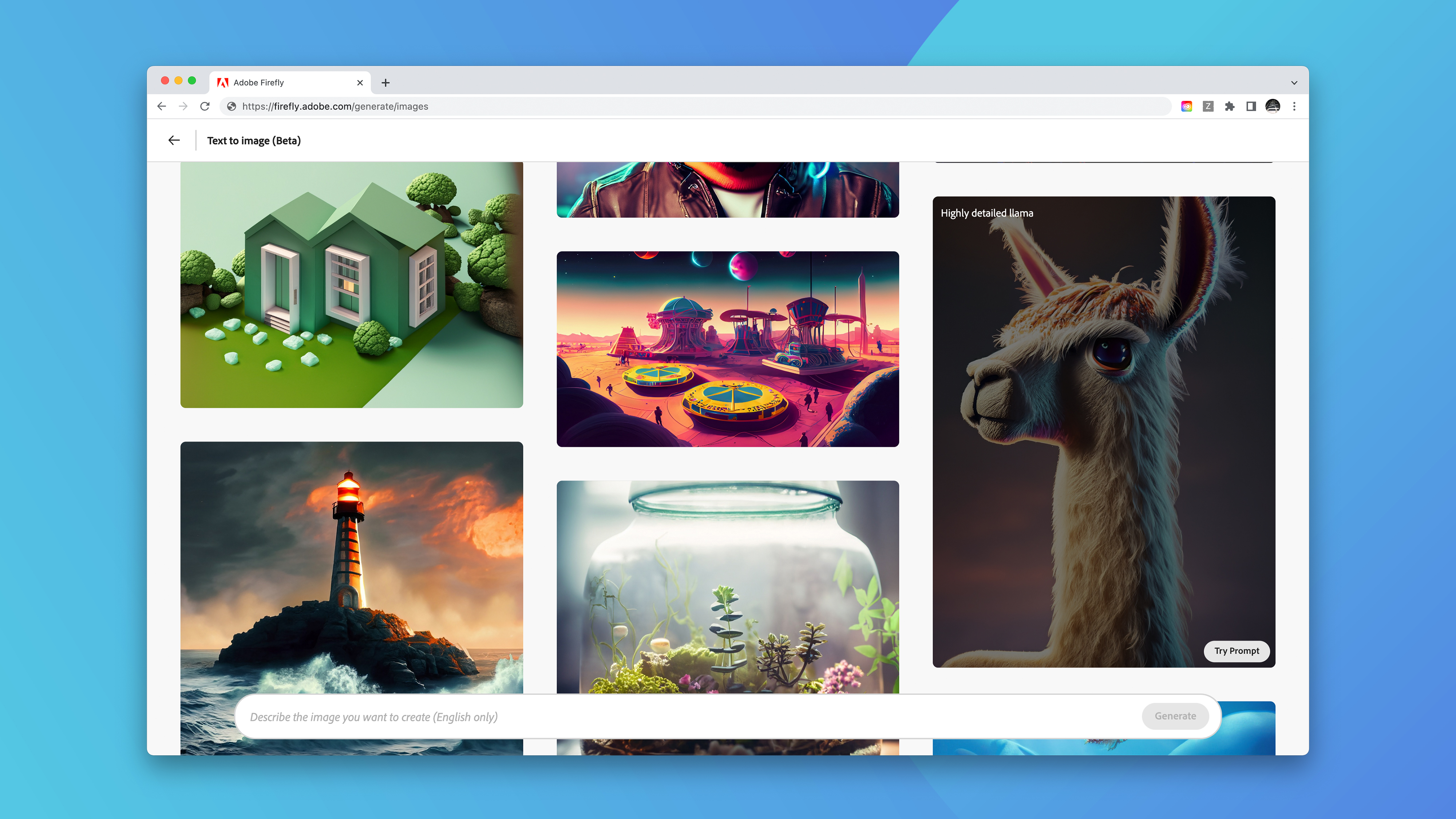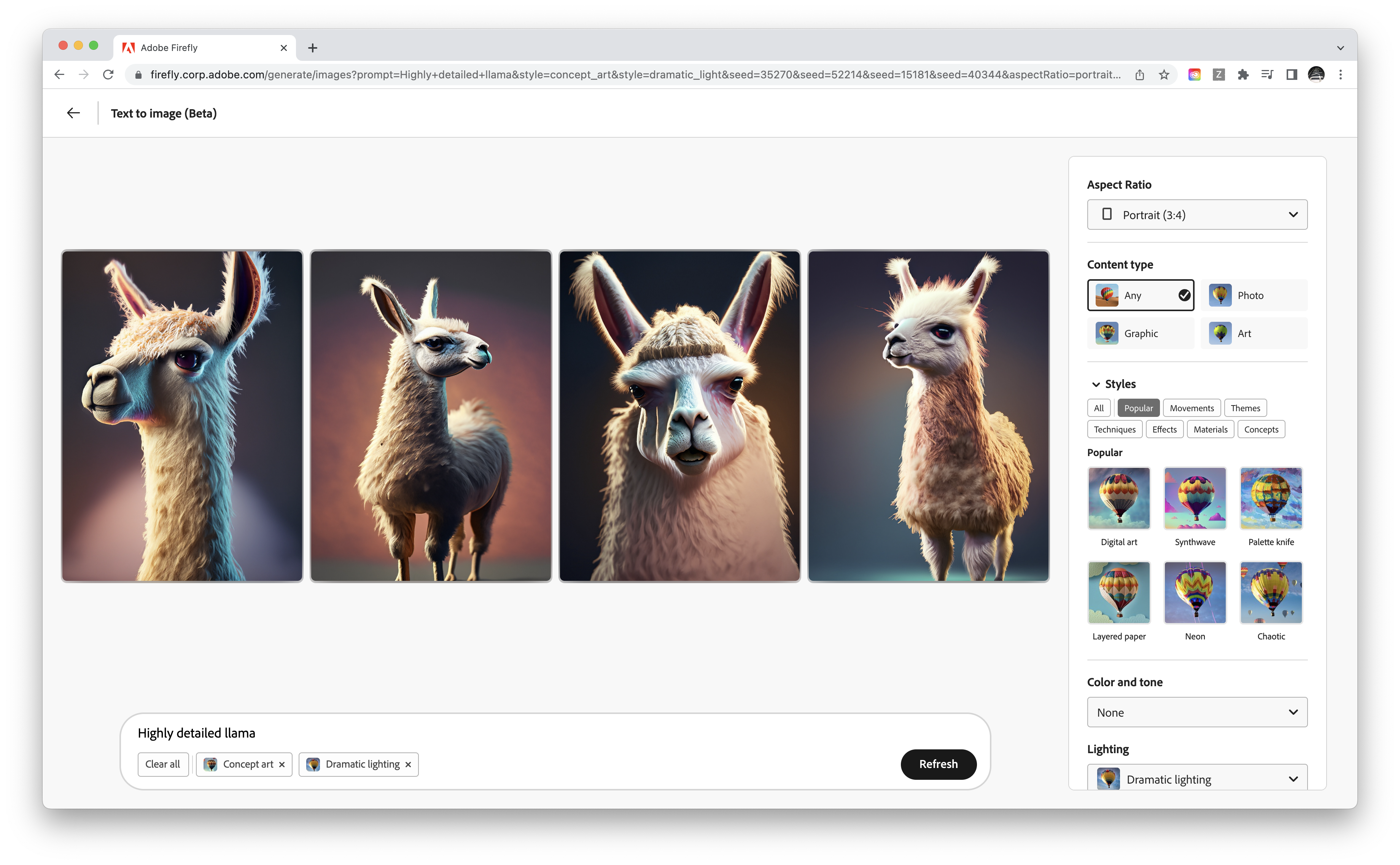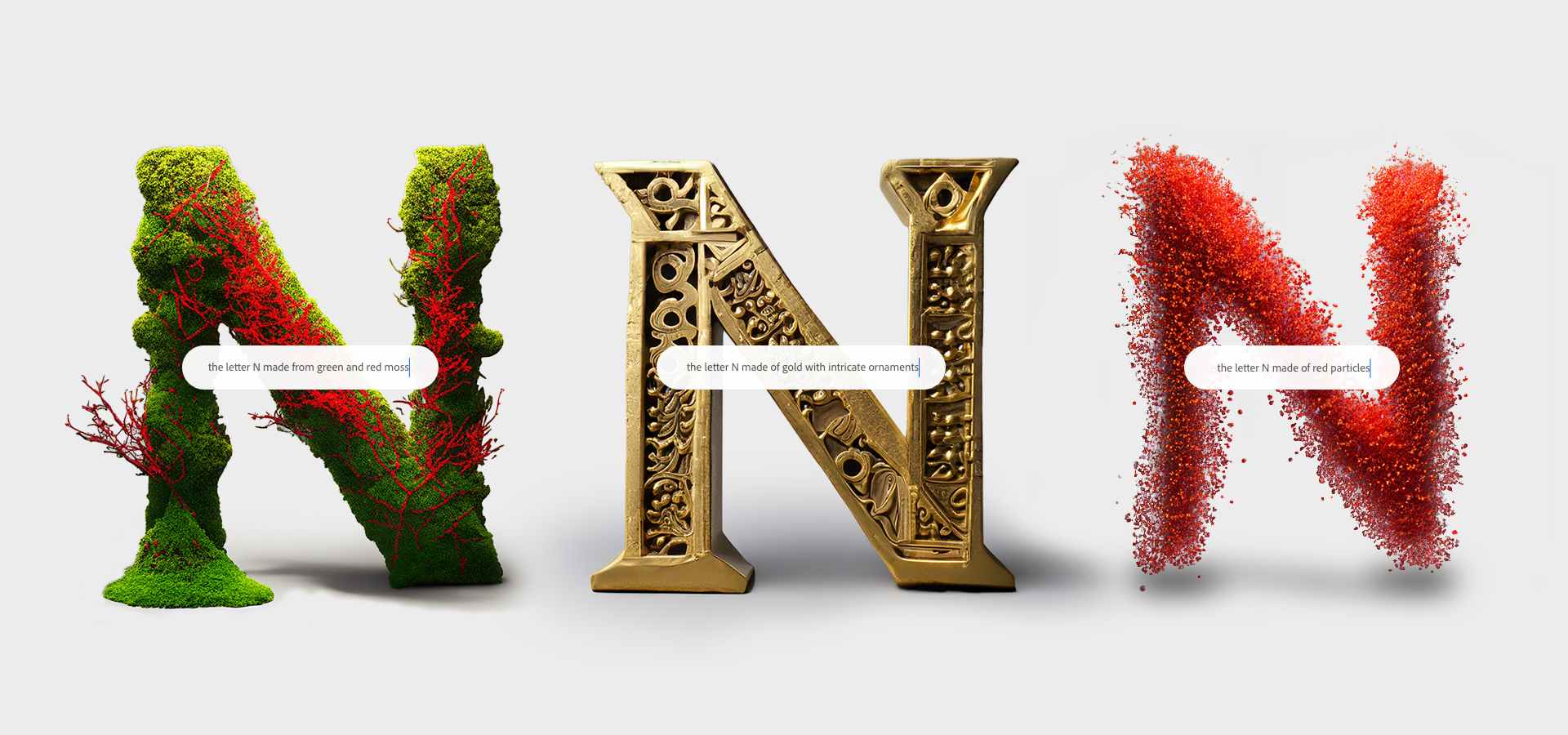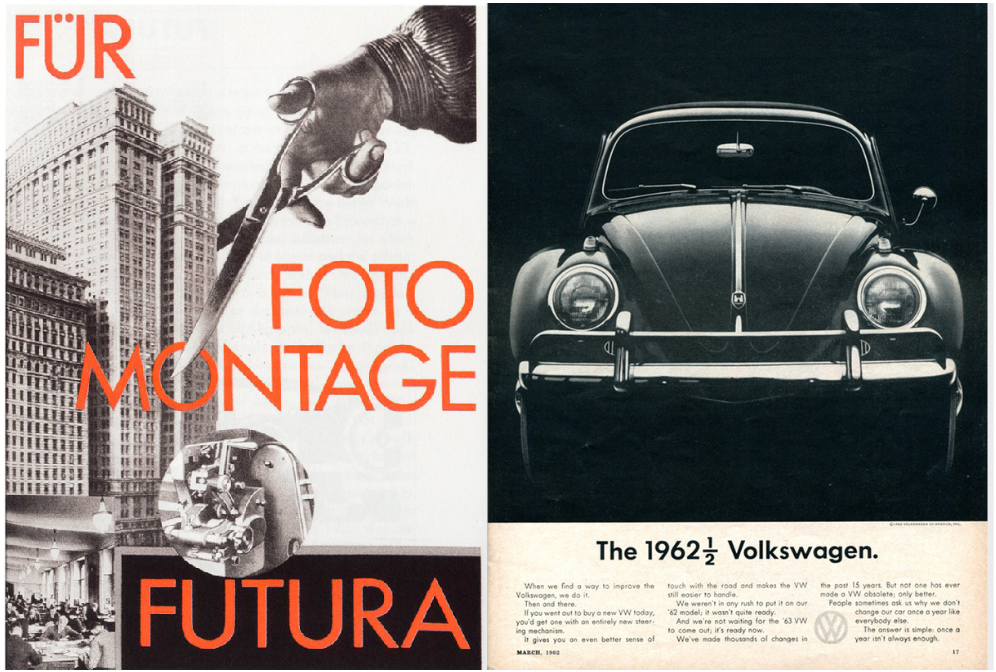Adobe Firefly could be the future of AI art – and you can try it right now
Is Firefly the first ethical AI image generator?

In the art and design worlds, little is more contentious right now than generative AI models. From ChatGPT to DALL-E 2, AI content generators are surrounded by questions around ethics and copyright. So it's perhaps little surprise that Adobe's announcement of its own generative AI models is so focussed on transparency, ethics and content credentials.
Adobe today announced Firefly, a family of generative AI models "designed to be safe for commercial use." The tools, including tech-to-image generation, will be first integrated into Adobe Express, Photoshop and Illustrator, and Firefly is available in beta starting today. (Check out the best Adobe Creative Cloud deals available now.)

The Adobe Firefly beta, launched today, includes a text-to-image generator, the ability to apply different styles to images, and text effects – allowing users to apply styles or textures to text with a detailed text description.
While many of these capabilities are akin to those which have caused alarm by the likes of Stable Diffusion, Adobe is keen to stress that it views AI not as a replacement for artists – describing it as "a co-pilot" for creatives. “When it comes to harnessing the best of AI, Adobe has proven itself a trusted partner delivering value to customers while maintaining a strong ethical framework," the company says. "Adobe is approaching generative AI in a thoughtful way, incorporating both its own experience and the collective wisdom of the broader creative community to deliver something that’s distinctive and valuable for all customer segments."

For starters, Firefly is trained on Adobe Stock images, openly licensed content and public domain content where copyright has expired, and will focus on images and text effects and is designed to generate content safe for commercial use to "help ensure Firefly won't generate content based on other people's or brands." And Adobe will introduce “Do Not Train” tag for creators who do not want their content used in model training, which will "remain associated with content wherever it is used, published or stored."
Adobe has been slowly integrating AI into its suite of apps, most recently Photoshop's impressive photo restoration and background replacement tools. But at the same time, the company appears committed to combatting misinformation. Most tangible is the Content Authenticity Initiative (CAI), which seeks to fight misinformation and add a layer of verifiable trust to all types of digital content.
See our pick of the best AI art tutorials and our guide to how to use DALL-E 2 for more on text-to-image generators.
Get the Creative Bloq Newsletter
Daily design news, reviews, how-tos and more, as picked by the editors.

Thank you for reading 5 articles this month* Join now for unlimited access
Enjoy your first month for just £1 / $1 / €1
*Read 5 free articles per month without a subscription

Join now for unlimited access
Try first month for just £1 / $1 / €1

Daniel John is Design Editor at Creative Bloq. He reports on the worlds of design, branding and lifestyle tech, and has covered several industry events including Milan Design Week, OFFF Barcelona and Adobe Max in Los Angeles.
